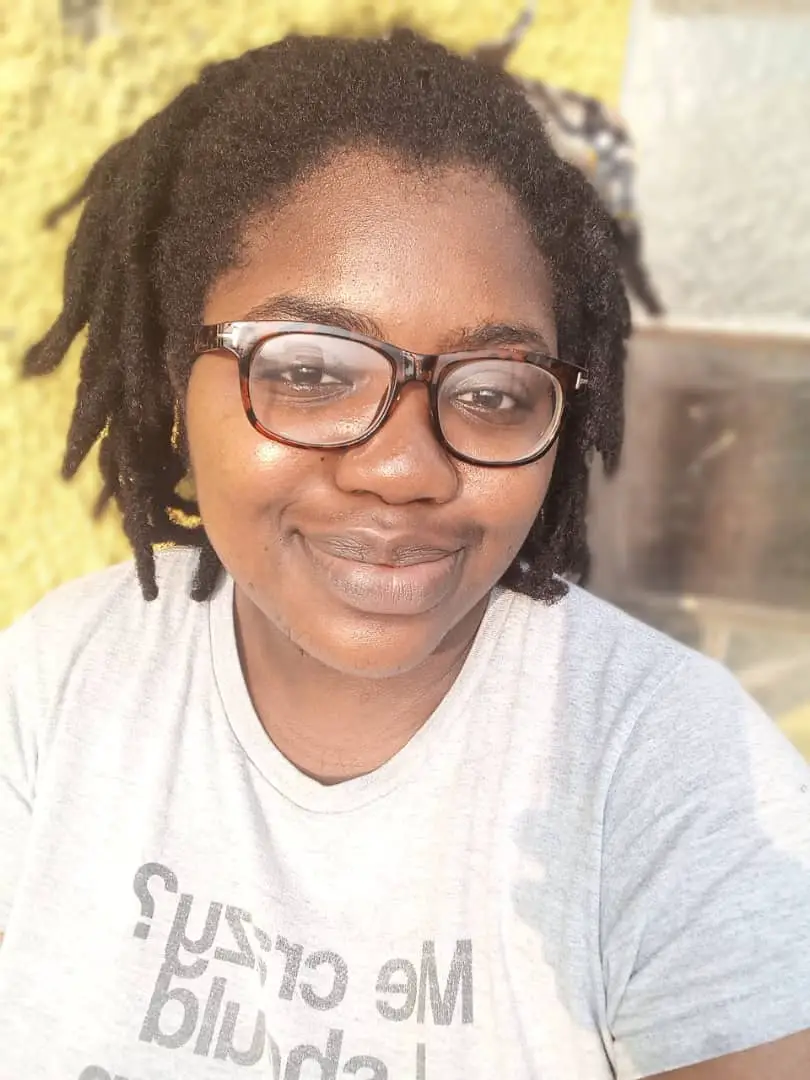A story I believe everyone needs to read is The Visit by the Nigerian feminist, writer and speaker Chimamanda Ngozi Adichie. It is a story that literally flips the script and explores what a society of men being the ones viewed as inferior can look like.
Without giving too many spoilers, in the story, one sees how women’s suffering in the real world is normalised. Especially issues surrounding women’s health.
For instance, in the story one of the male characters commented on how he could not find proper treatment for his prostate issues and so had to travel to a place that prioritised men’s issues and health.
Now, that is the reality of a lot of women. Reading that made me wonder why women’s health is a cat and mouse game and DIY experiment. Why is it that even in an age where technology has advanced and keeps advancing, some women’s issues such as PCOS, endometriosis and even fibroids have not been given in depth study?
This is such that the women who deal with these ailments often wing it and may not have adequate support even from healthcare workers.
Furthermore, why is it that not enough funding and research goes into the ailments that primarily concern women? There is not enough funding in the feminine healthcare space for research even on issues such as pregnancy and menopause and how to alleviate these issues.
Instead, what we see is that more money seems to be spent on advertising “feminine washes” and douching products which only end up giving women more vaginal health issues.
It is not only in the philanthropy space that we see a lack of intentional care for women’s health issues. Even in the media, there is not enough intentional awareness raising on issues such as cervical cancer, breast cancer and the types of supplements women need to take as we grow older.
Rather what we see again from the media especially in African countries, are movies that shame abortion but pay no attention to the fact that even married women seek out abortion. These movies pay no attention to the complexities surrounding abortion and issues of women’s health and bodies.
The question then becomes how? How can we get women’s issues and health to take center stage in research and funding? Afterall, don’t our bodies and motherhood play a vital role in the continuation of the human species?
How do we get issues of menstruation, teenage pregnancy and menstrual disorders to be portrayed in a nuanced light in the media in a manner that is devoid of shaming?
To get answers to these I spoke with some women.
For Iyunade, a beauty enthusiast and feminist, she believes that the solution must start from socialisation that is more humane towards women.
In her words: “The solution to the poor attention given to women’s issues is tackling it from the root itself: socialization. We’re all socialized to view women as wimps while simultaneously ignoring our concerns and pains- physical and emotional because we’re “dramatic”. There’s a lot of data on how women, especially black women, have healthcare complaints dismissed and disregarded because we’re either “over exaggerating” or we should live up to the stereotype of having a higher threshold for pain.
Funding should go into scientific research for our conditions as well as intentional orientation for physicians who have chosen to be in charge of our healthcare. Healthcare workers should be socially evaluated before being accepted into the workforce. Women’s healthcare deserves that at the very least.”
Speaking with Shalom, a writer and journalist, she relays that work still needs to be done regarding the processes involved in women’s healthcare.
To quote her: “I’ve always thought that if the genders were reversed, there would have been better healthcare in place for women’s issues. For instance, pap smears are very evasive procedures and I hate it. There’s also the adverse effects of birth control pills and contraceptives. Look at menstrual cramps too, sometimes it’s really endometriosis but the doctor will say “it is normal” until it can no longer be overlooked. It’s upsetting.
The solution is to pay more attention to women, and more importantly women should be at the helm of research healthcare centers. I don’t know how possible this is because of patriarchy, but I hope that we get better healthcare.”
Women are also deserving of care and humane treatment. We must create a world where women’s issues are also seen as human rights issues.
It is therefore imperative that women’s health issues are treated with a sense of urgency that portrays that women are indeed human.

Angel Nduka-Nwosu is a writer, journalist and editor. She moonlights occasionally as a podcaster on As Angel Was Sayin’. Catch her on all socials @asangelwassayin.

